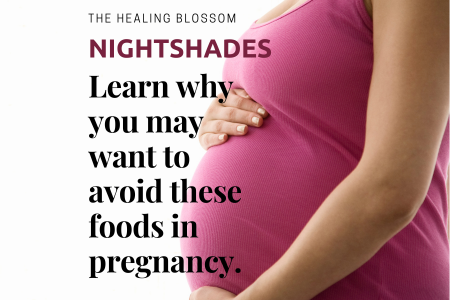In today’s world, we are inundated with the message that consuming fruits and vegetables is essential for optimal health. We’re told they protect our hearts, prevent cancer, and provide vital nutrients and fiber. However, what we’re not often told is how fruits and vegetables can harbor hidden dangers. They contain anti-nutrients that may lead to vitamin and mineral deficiencies, their toxins can accumulate in our bodies, and the narrative that we must rely on them for optimal health is not entirely accurate.











